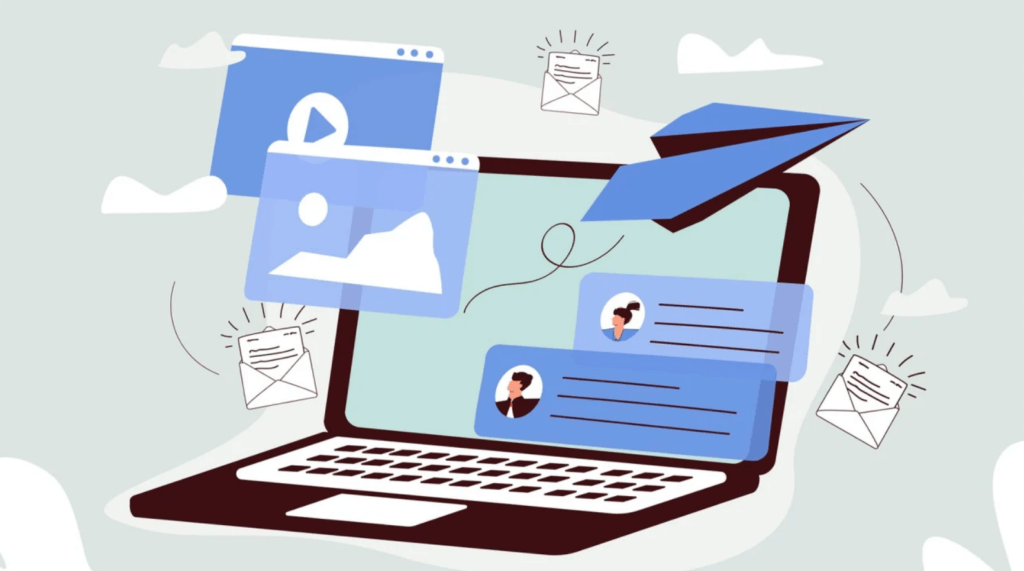Want to Gain Respect? Write Respectfully
We’ve all been on the receiving end of emails that make us feel condescended to or disrespected, and it’s never a pleasant experience. What’s unfortunate is that the writers of such emails may not have intended any harm. They might have thought they were being direct and straightforward, or perhaps they were in a hurry and didn’t consider the impact of their words and punctuation choices. They might have even thought they were being respectful.
To prevent being the source of someone else’s online suffering, we must be careful with our language choices. Writing messages with a demeaning or passive-aggressive subtext is counterproductive to achieving success.
To retain the goodwill of your readers, steer clear of these phrases:





